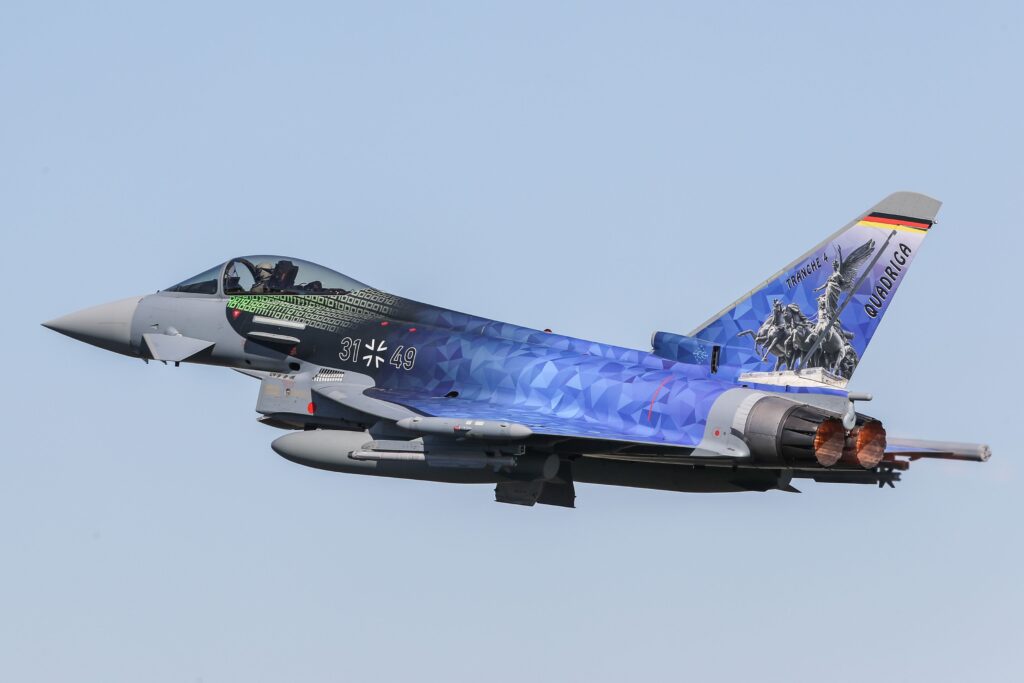Airbus Signs Contract for 38 Eurofighters with Germany
Airbus has signed a contract to deliver 38 new Eurofighter aircraft to the German Air Force. This makes Germany the largest ordering nation in Europe's biggest defence programme. The order, also known by its project…
